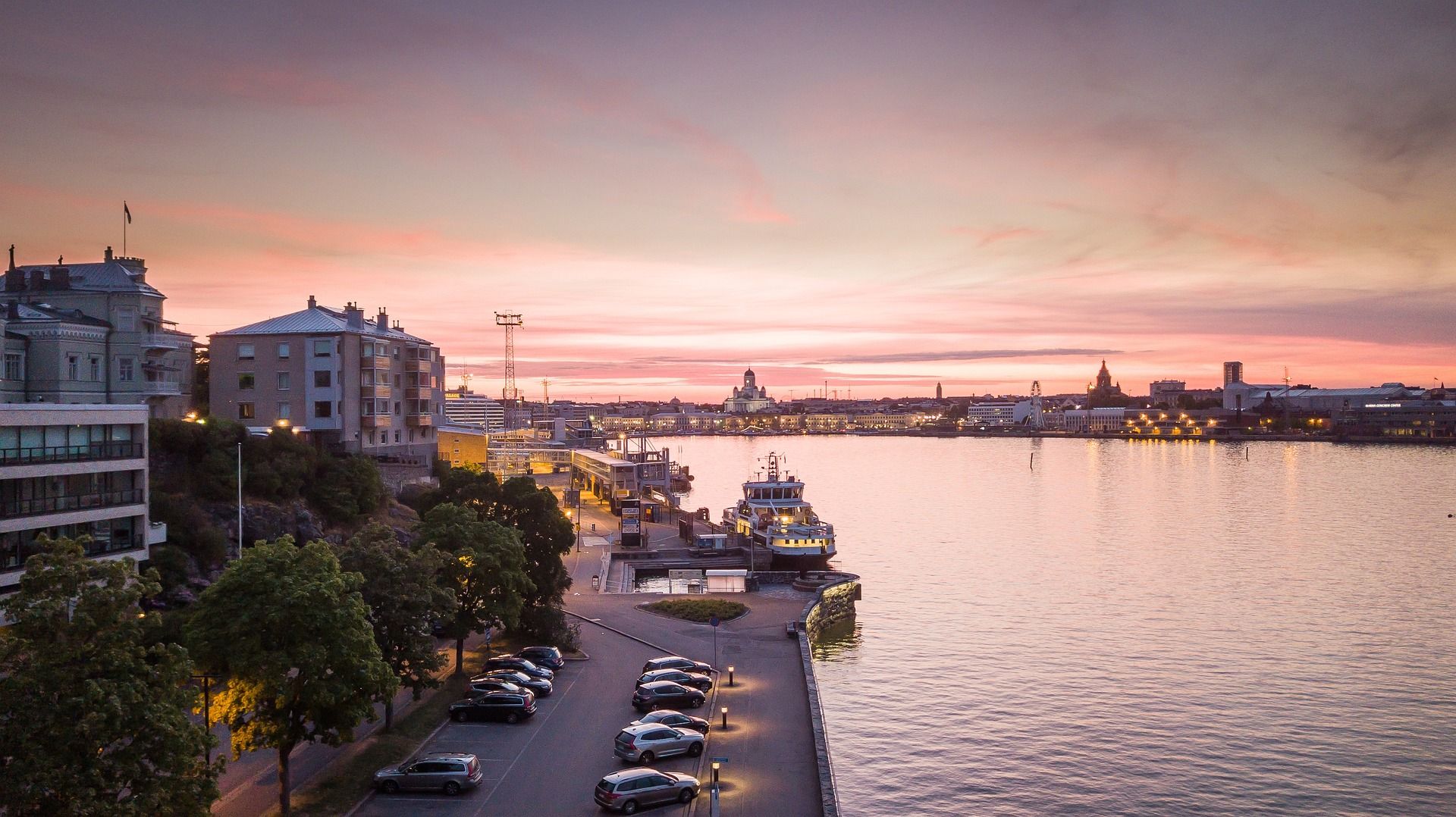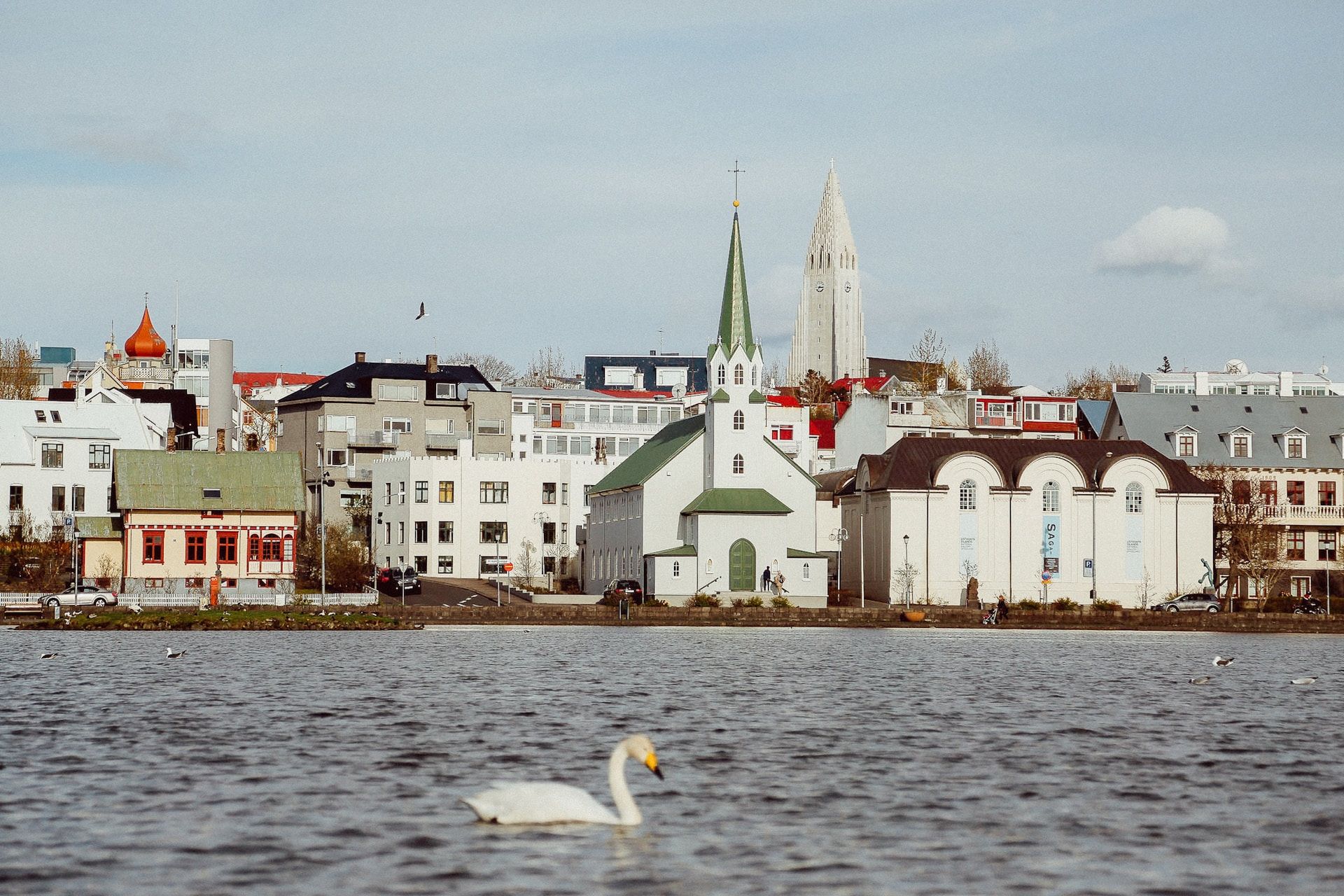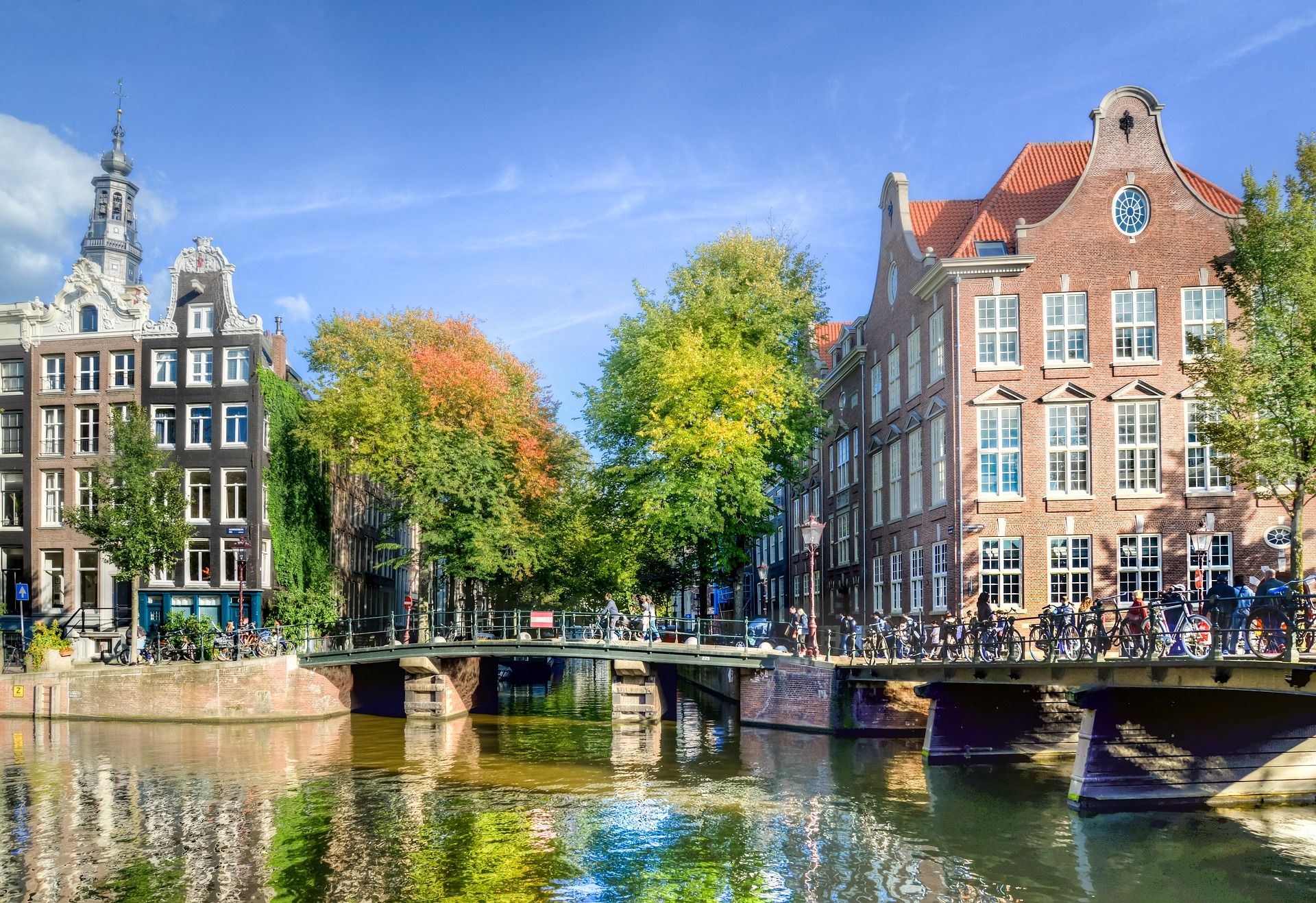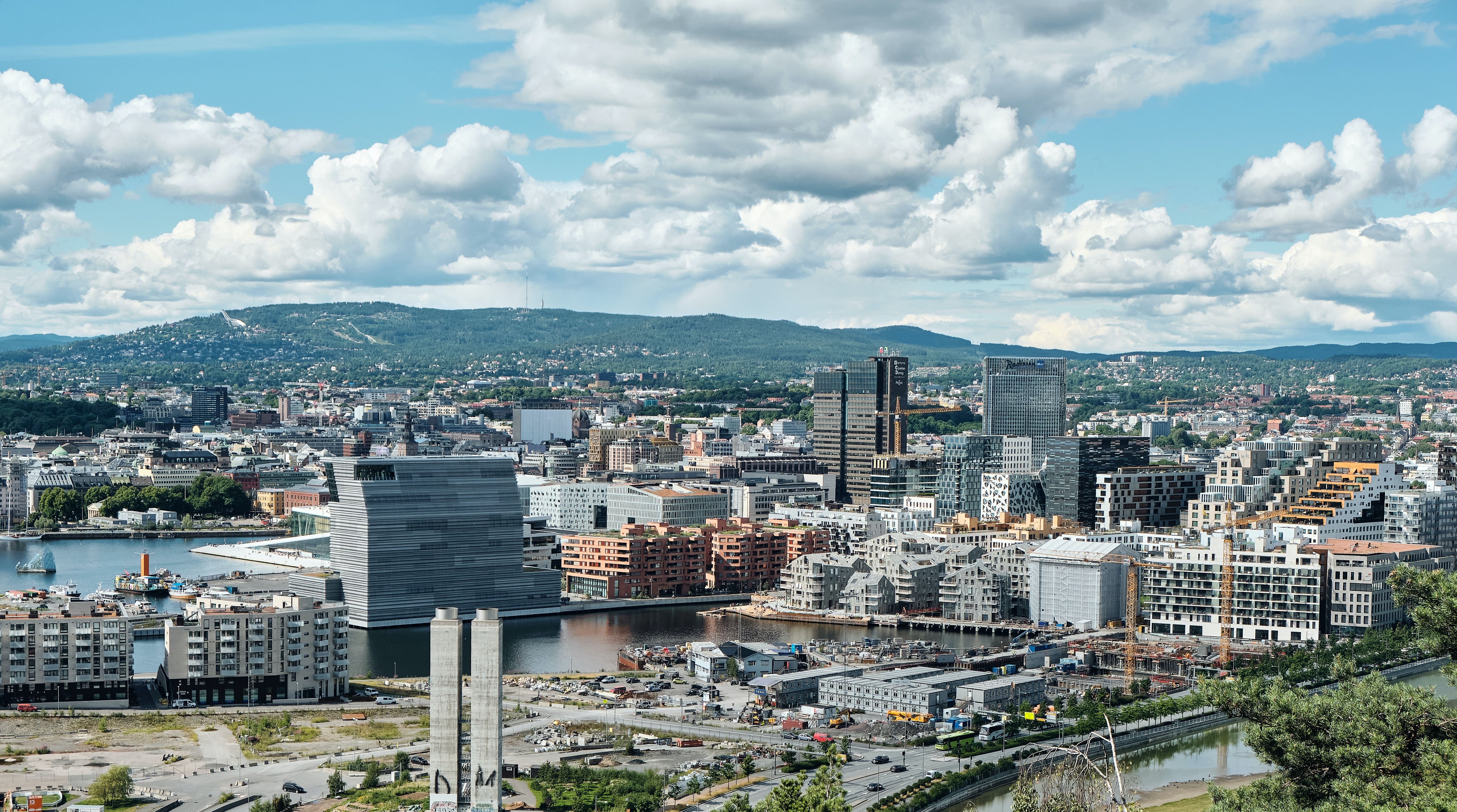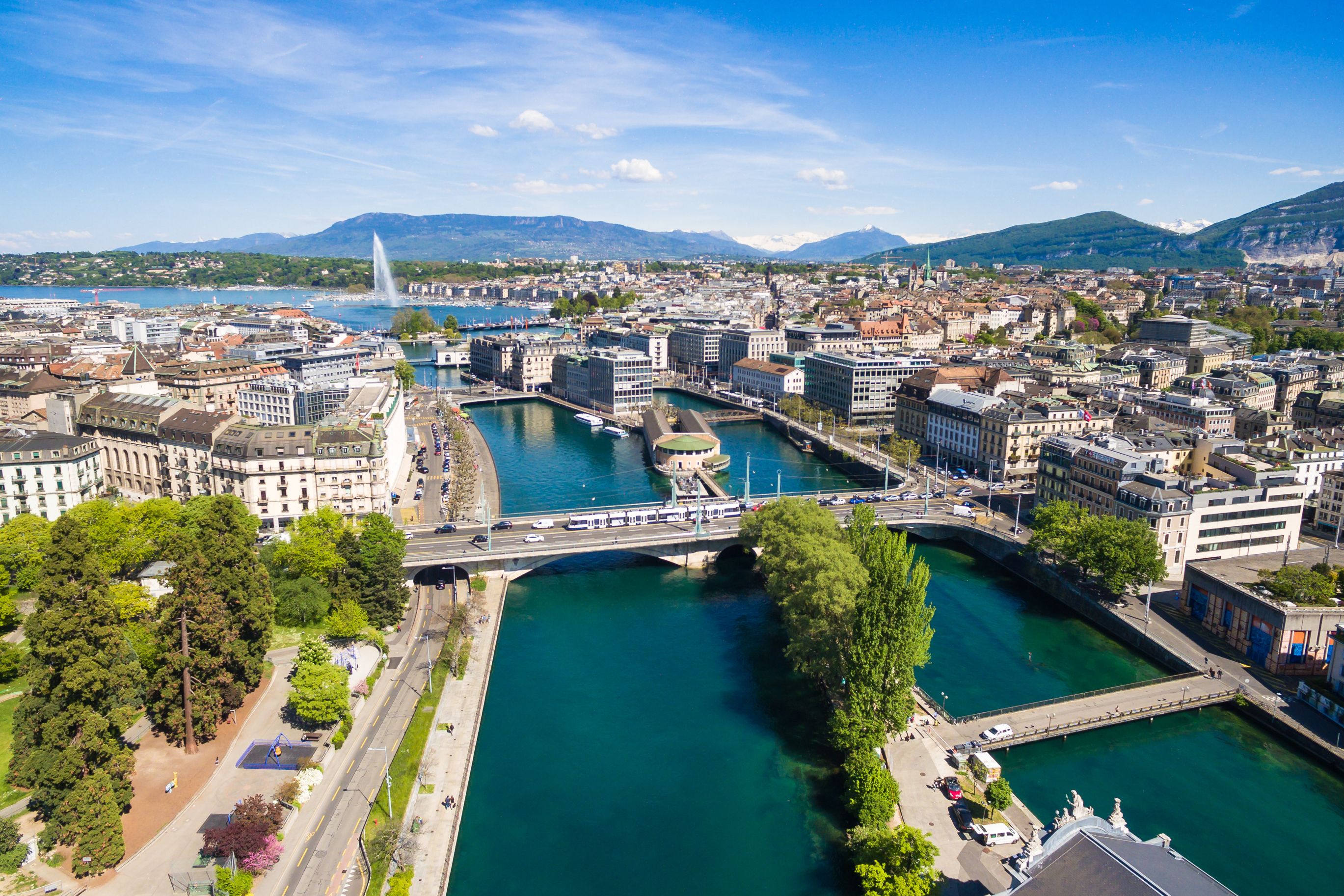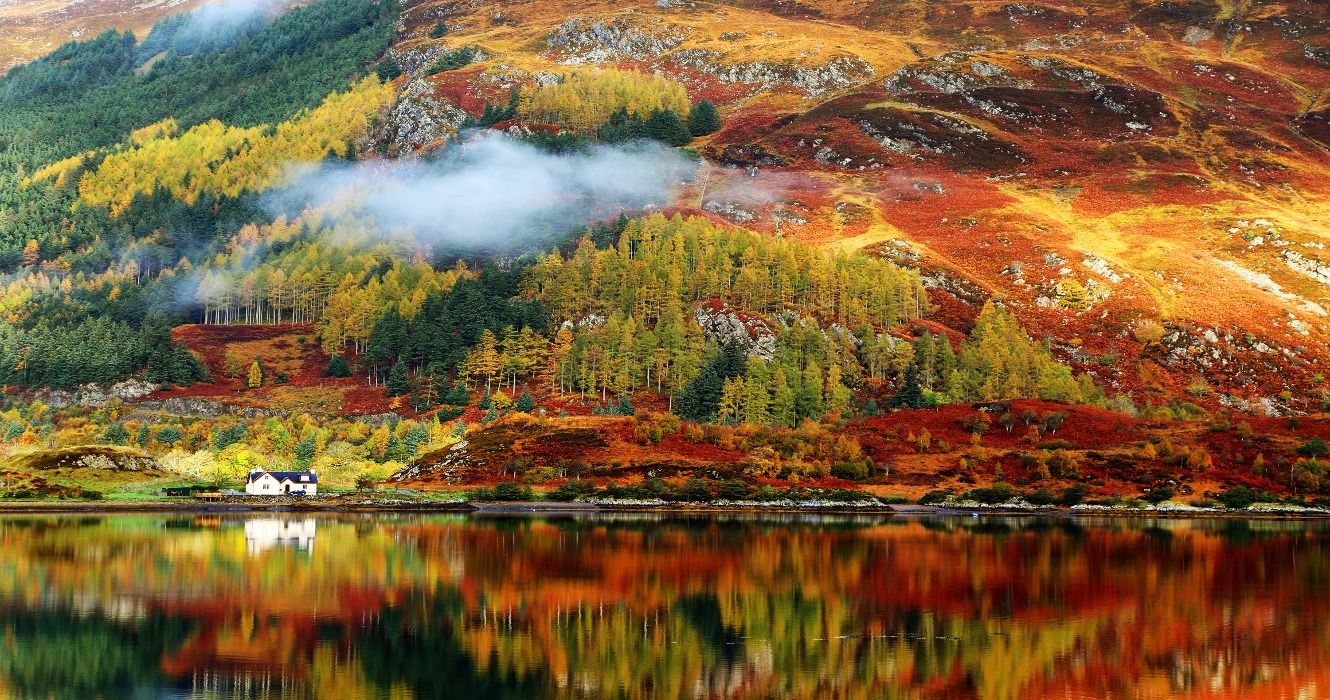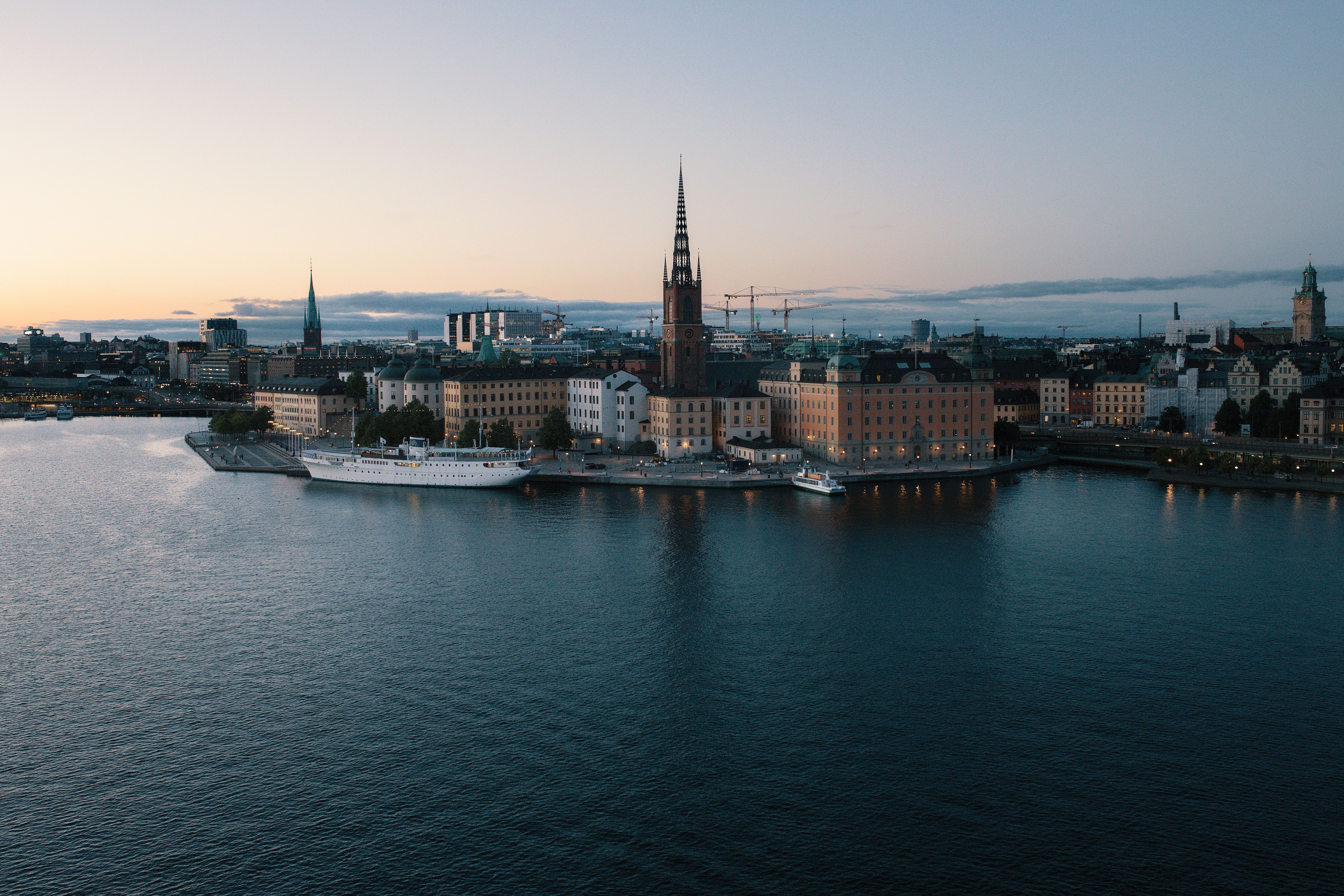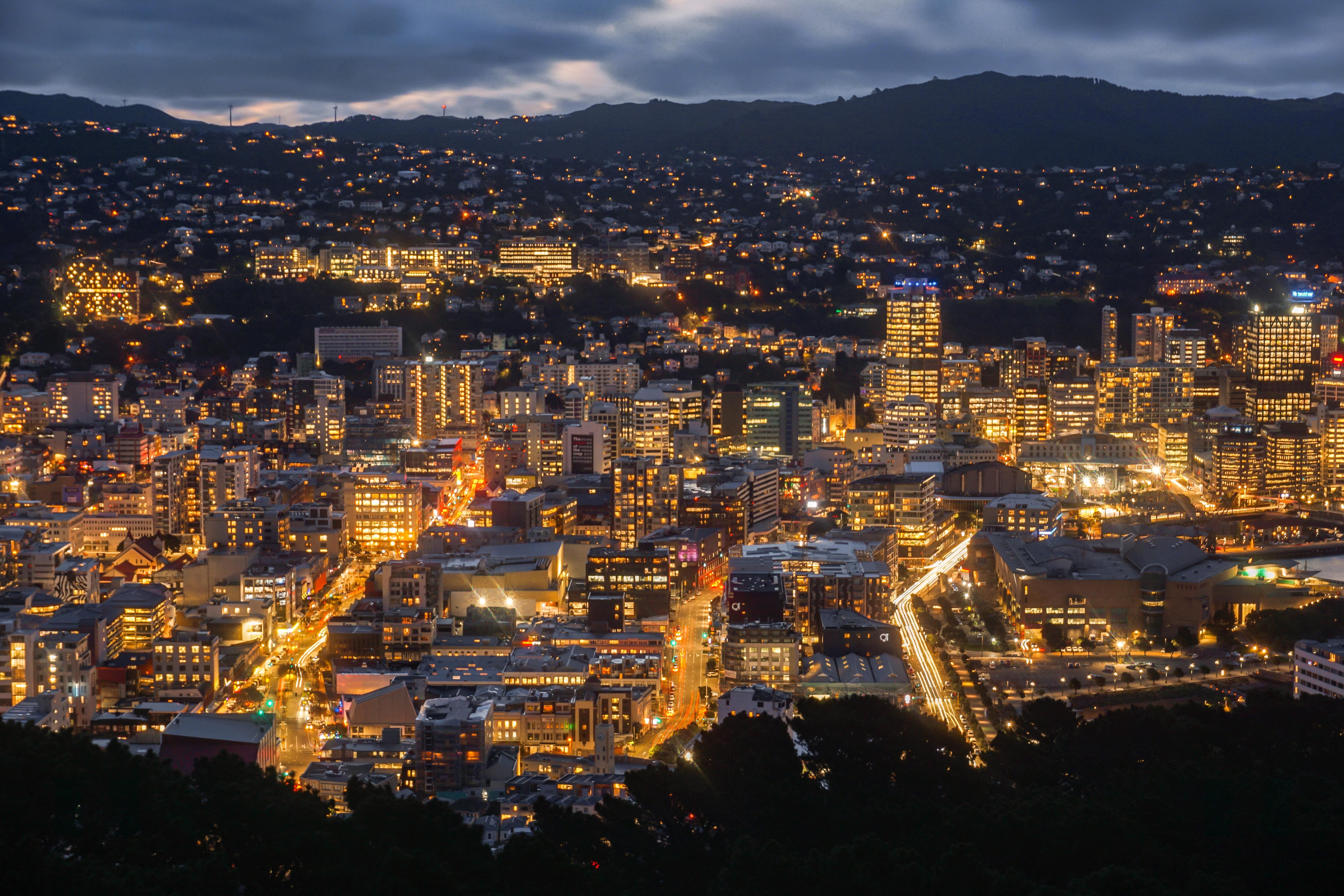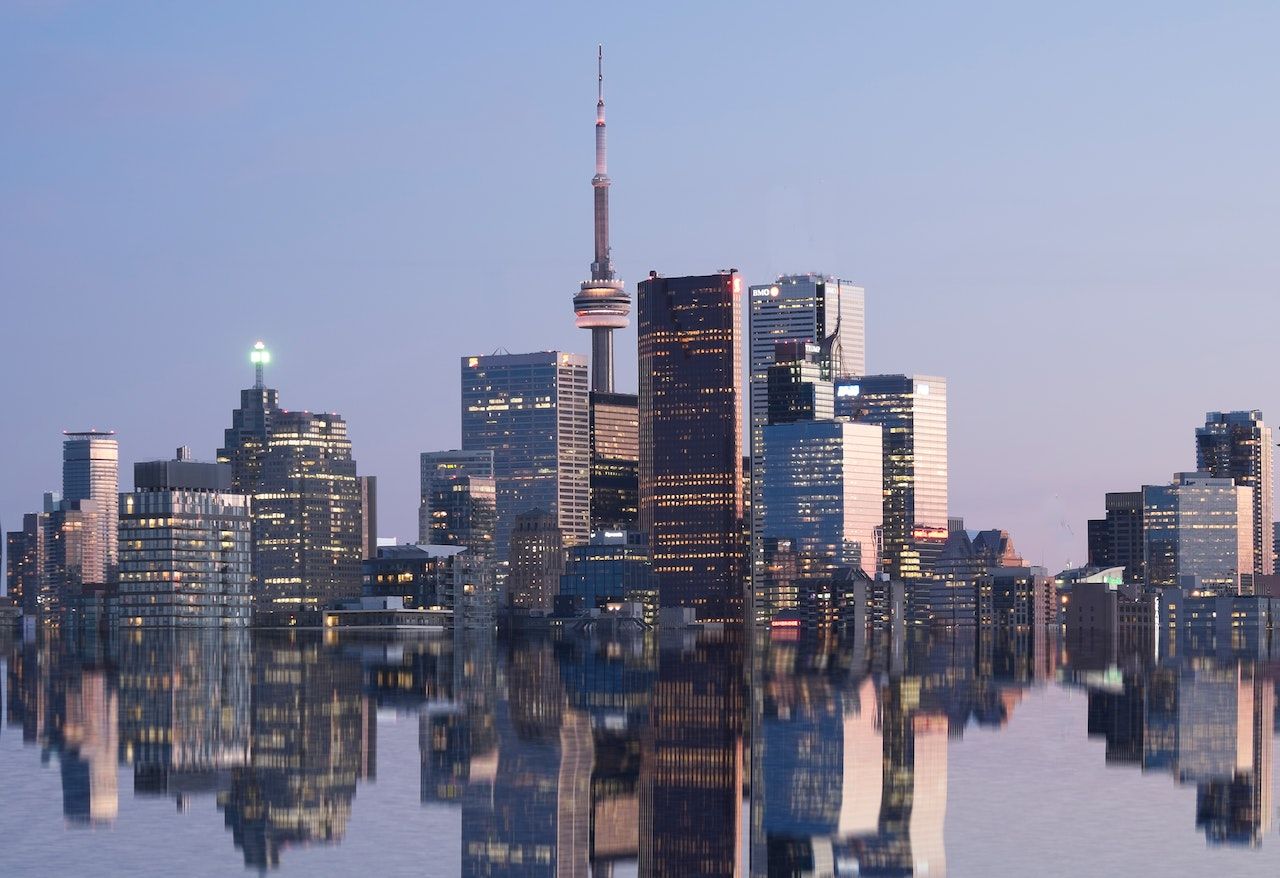Summary
- Helsinki, Finland: Tap water is rigorously tested and treated to meet high-quality standards, making it safe for consumption. Free tap water is available in restaurants, cafés, public buildings, institutions, parks, and restaurants.
- Reykjavik, Iceland: The tap water here is free of additives and contaminants, sourced from a natural spring that is filtered through lava layers and rocks. Tourists can get free water from streams, rivers, and glaciers while saving both the environment and money.
- Amsterdam, Netherlands: Amsterdam's tap water undergoes rigorous treatment using biological processes and aeration to remove minerals and chemicals. It may have a slight mineral taste, but it is preferred by many over bottled water. Free water can be obtained from the more than 500 taps available 24 hours.
Water quality is often a common concern among travelers. No one wants to risk going to a place with water that is unsafe for consumption. Unfortunately, not all countries have access to clean water, which is why tourists need to be well-informed about the state of water in a country before visiting.
Most travelers opt for bottled water. But, although clean, bottled water can also be harmful to the environment. The plastic used takes years to decompose, and private companies buy all freshwater worldwide, which may lead to scarcity in the future. Tap water is a great alternative. However, its cleanliness is questionable in developing and developed nations. Here are ten cities with the cleanest tap water that is safe for visitors to consume.
10 Helsinki, Finland
Finland is among the places that have the cleanest tap water, thanks to the lakes, rivers, and tributaries that supply the country. Helski’s tap water is considered remarkably safe to drink.
Tap water in this city is rigorously tested to meet high-quality standards. The city gets water from natural springs and is well treated to remain pure. Also, Helsinki has robust treatment facilities that use modern technology to remove impurities and contaminants.
- Where to get free tap water: restaurants, cafés, public buildings & institutions, parks, and restaurants
9 Reykjavik, Iceland
Reykjavik is another city that boasts clean drinking tap water. After all, Iceland is one of the countries with the cleanest drinking water in the world. The water here is free of nitrate, calcium, chlorine, and other chemicals that render it safe to drink. It gets its water from a natural spring, which is filtered through lava layers and rocks, making it clean and fresh.
The water doesn’t contain any additives or contaminants. In fact, tourists are discouraged from buying bottled water here since they can H20 it for free anywhere, even from glaciers or rivers. Besides saving the environment, tourists also save their money.
- Where to get free water: streams, rivers, glaciers
8 Amsterdam, Netherlands
Amsterdam is among the cities with the cleanest, safest, and most delicious water in Europe. The city’s water supply originates mainly from the Rhine River, one of the most scenic rivers in Europe. The water undergoes rigorous treatment before it’s released to the tap.
The treatment process involves using biological processes, treatment plans, and aeration to remove minerals and chemicals. Waternet, Amsterdam’s water provider, monitors the water to ensure it is quality and safe to drink and use.
While the water is largely tasteless, it leaves a slight mineral taste because of the natural minerals present from its source. But this taste is preferred by many people compared to bottled water.
- Where to get free water: from the more than 500 taps available 24 hours
7 Oslo, Norway
Norway is one of the countries with the cleanest drinking water, and Oslo’s tap water is no exception. Visitors planning to visit Oslo will be happy to know that the city is one of the cities with the cleanest water in the world.
The authorities strictly manage water here and have strict regulations and a monitoring system to ensure that residents and tourists always get safe drinking water. Tap water is treated to remain quality and free of chemicals that would harm human health.
Oslo gets its water from the Maridalsvannet Lake, situated in the forested hills in the northern part of Oslo. Once transported through the tunnels and pipelines, it goes through rigorous filtration and treatment before being distributed to homes and businesses.
- Where to get free water: taps, public fountains, cafes, restaurants
6 Geneva, Switzerland
Geneva’s water quality is high and meets the stringent standards of the Swiss Federal Office. Tap water comes from Lake Geneva, one of Europe’s largest freshwater lakes, which is also a prime attraction with many things for tourists to do around.
Once sourced, the water is treated using a state-of-the-art system to filter minerals, chemicals, and other contaminants. The organization in charge continuously tests the water to ensure it has no harmful contaminants and is free to drink.
- Where to get free water: fountains, restaurants
5 Scotland, United Kingdom
Scotland is primarily known for its fascinating fortress and castles, rugged coastline, and beautiful landscapes. But many people forget that this stunning city has fresh water in abundance. With many freshwater lochs, residents and tourists don’t run out of fresh water.
Besides lochs, Scotland also gets its water from reservoirs and underground streams. The responsible bodies treat and manage this water, ensuring it’s safe for human consumption.
However, it is worth noting that not all water in Scotland might be clean to drink. For instance, some hotels have old water tanks that haven’t been used, meaning the water is stagnant and may not be safe.
- Where to get tap water: from newer buildings (always ask the reception first)
4 Berlin, Germany
Berlin boasts of safe, delicious, high-quality water that’s ready to drink. The city has one of the cleanest water supplies worldwide, with an excellent infrastructure. Water is rigorously tested to ensure that it is of high quality as per the standards set by the European Union.
Tourists can easily access tap water in Berlin. However, it’s best to opt for bottled water for people with sensitive stomachs. Otherwise, those with an adventurous mind won’t have a problem sipping Berlin’s tap water.
- Where to get tap water: Hotels, cafes, famous landmarks
3 Stockholm, Sweden
Stockholm is known for excellent art and Scandinavian cultural roots. With 24,000 scenic islands to explore, the city is a perfect seaside escape. In addition to that, the city has an excellent reputation for tap water quality.
One of the reasons is that Stockholm gets its water from Lake Mälaren. It is then treated and distributed under Stockholm’s Vatten Och Avfall’s watch. The water here is considered safe, although some minor concerns exist. It is best to filter it before drinking. But one can safely use it for other activities.
- Where to get tap water: water refill stations, restaurants, clubs
2 Wellington, New Zealand
Wellington offers safe-to-drink tap water to residents and visitors. The water meets the safety standards of the Safe Drinking Water Act. It is mainly sourced from aquifers and rivers and reared from bacteria that may cause harmful problems.
A small amount of chlorine is used at the treatment plant to disinfect the water, and then fluoride is added to support drinkers’ oral health. The appropriate governing bodies then monitor it continuously to ensure it is free of bacteria, viruses, and protozoa.
- Where to get tap water: Drinking fountains on the waterfront, libraries, school grounds, hotels, and other public areas.
1 Toronto, Canada
Toronto is one of the destinations offering many things to do in summer. The city’s tap water is safe to drink so visitors stay hydrated. It is ranked among Canada's cleanest water, and individuals can easily access it.
The water is constantly tested to ensure it meets the Safe Drinking Water Act standards. Treatment plants operate 24/7, and the city has labs that are used to test the water quality. But, certain places have old pipes, which lower the quality and purity. So, individuals are advised to stay away from drinking tap water in old buildings.
- Where to get tap water: hotels, public places

-pier-architecture-in-Stockholm-Sweden.jpg)
